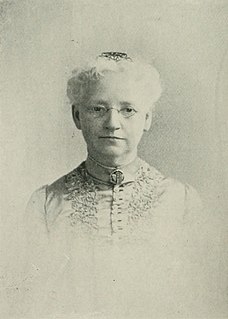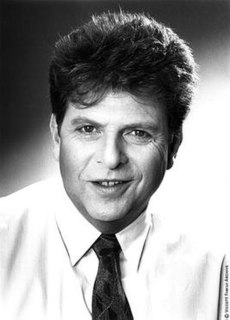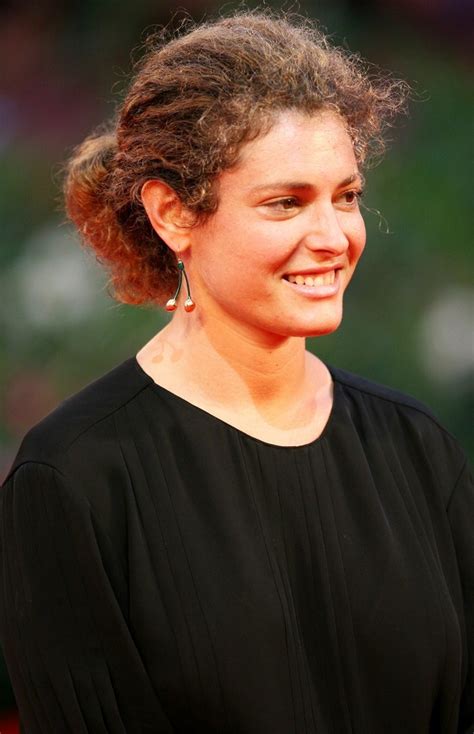A Quote by Martha Finley
I have often noticed that spoiled, petted children, usually have very little love for their parents, or indeed for any one but themselves.
Related Quotes
The presence of a grandparent confirms that parents were, indeed, little once, too, and that people who are little can grow to be big, can become parents, and one day even have grandchildren of their own. So often we think of grandparents as belonging to the past; but in this important way, grandparents, for young children, belong to the future.
It has been noticed that people who are not parents often have a peculiar fondness for children. This is sometimes attributed to a very beautiful nostalgia for a gift denied to them - dream-children, flowers that have only bloomed in imagination - but we think it is rather because they have not the faintest idea how dreadful children are.
Children must be free to think in all directions irrespective of the peculiar ideas of parents who often seal their children's minds with preconceived prejudices and false concepts of past generations. Unless we are very careful, very careful indeed, and very conscientious, there is still great danger that our children may turn out to be the same kind of people we are.
Any father…must finally give his child up to the wilderness and trust to the providence of God. It seems almost a cruelty for one generation to beget another when parents can secure so little for their children, so little safety, even in the best circumstances. Great faith is required to give the child up, trusting God to honor the parents’ love for him by assuring that there will indeed be angels in that wilderness.
One can tell a child everything, anything. I have often been struck by the fact that parents know their children so little. They should not conceal so much from them. How well even little children understand that their parents conceal things from them, because they consider them too young to understand! Children are capable of giving advice in the most important matters.
Children who are not encouraged to do, to try, to explore, to master, and to risk failure, often feel helpless and inadequate. Over-controlled by anxious, fearful parents, these children often become anxious and fearful themselves. This makes it difficult for them to mature. Many never outgrow the need for ongoing parental guidance and control. As a result, their parents continue to invade, manipulate, and frequently dominate their lives.
When I was in therapy about two years ago, one day I noticed that I hadn't had any children. And I like children at a distance. I wondered if I'd like them up close. I wondered why I didn't have any. I wondered if it was a mistake, or if I'd done it on purpose, or what. And I noticed my therapist didn't have any children either. He had pictures of his cats on the wall. Framed.
Are we not witnessing a situation where children are conciously rejecting their parents' value despite love and devotion given to them? The present situation has arisen because parents have failed to transmit a sustaining faith to their children. The basic reason for this failure is that the parents themselves lacked faith. Without faith, their love was an image not a reality, a statement of words not an expression of feelings
They may already know too much about their mother and father--nothing being more factual than divorce, where so much has to be explained and worked through intelligently (though they have tried to stay equable). I've noticed this is often the time when children begin calling their parents by their first names, becoming little ironists after their parents' faults. What could be lonelier for a parent than to be criticized by his child on a first-name basis?
Love involves more than just feelings. It is also a way of behaving. When Sandy said, "My parents don't know how to love me," she was saying that they don't know how to behave in loving ways. If you were to ask Sandy's parents, or almost any other toxic parents, if they love their children, most of them would answer emphatically that they do. Yet, sadly, most of their children have always felt unloved. What toxic parents call "love" rarely translates into nourishing, comforting behavior.


































